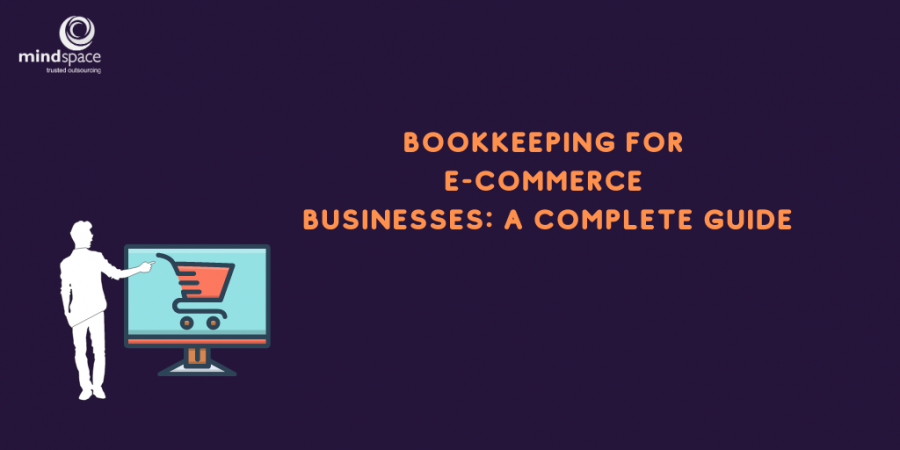Bookkeeping for eCcommerce Businesses: Complete Guide
eCommerce businesses in the USA
eCommerce businesses in the USA are estimated to reach a whopping $476.6 billion in 2024.
These stats alone showcase that the e-commerce business in the US is growing strong each day and is not going anywhere anytime soon. With that being said, let’s take a look at the operational side of an e-commerce business.
eCommerce businesses have the same operational concerns as other types of business but with the added consideration of how to conduct business online. The same rules apply to the operations, finance, and administration of an e-commerce business, regardless of the industry. However, the frameworks, payment terms, and platforms are different, which is why online systems need to be optimized to align with the unique requirements of the business.
Here’s everything you need to consider while accounting or bookkeeping for an eCommerce business.
-
Keep Bookkeeping on Track
Maintaining diligent bookkeeping and ensuring the right merchandise is stocked is essential for any business, and e-commerce businesses are no exception this. Often the values will surge and fall, depending upon the trends and seasons. But, if the bookkeeping is not kept up-to-date or accurate, it is easy to get glitches in transactions, some of which may even occur in high volumes.
Solution? GO DIGITAL!
Maintaining digital copies of all transactions can help streamline this process, making it easier to track receipts and allowing for better optimization of information.
-
Choose the Right Software
This point cannot be stressed enough. Cloud-based accounting software can make all the difference in the world as it reduces a significant amount of manual and mundane tasks. As with most businesses, e-commerce businesses must keep track of their cash flow to keep tabs on the liquidity of the business. And, cloud-based software, with features like rapid reconciliation for payments with bank accounts, foolproof payment options, etc., makes this job smooth and efficient.
-
Ensure Regulatory Compliance
A critical component of bookkeeping and accounting for most businesses is staying abreast of regulatory compliance. One mistake or error and you can end up paying a hefty fee. To avoid such compliance issues, it is best to hire a tax professional or an accounting service who understands the accounting and business structures of an e-commerce business.
-
Partner with Professionals
Accountants, CPAs, tax professionals provide expertise and business experience, in addition to technical knowledge. More importantly, they offer critical time-saving services for e-commerce entrepreneurs who can then refocus their efforts on core business activities and support business growth.
Conclusion
The back office components may not seem exciting or interesting to the very least but are undoubtedly imperative. Developing good bookkeeping practices can often mark the difference between whether your business grows or sinks under major financial issues. If you keep these aforementioned tips in mind, you can push your business to become more efficient and capable of lasting success.


